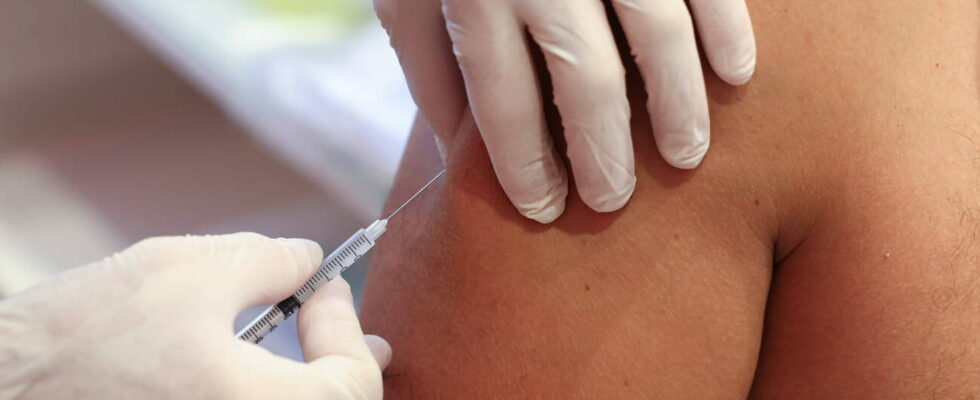Monkeypox is making a worrying comeback. WHO may downgrade it as a public health emergency of international concern.
Fever, rash, swollen lymph nodes and the risk of death: these are the symptoms of monkeypox. Also known as Mpox or Monkeypox, this infectious disease is worrying health authorities around the world. The Director-General of the World Health Organization (WHO), Tedros Adhanom Ghebreyesus, plans to convene a committee of experts to assess the need to declare monkeypox a public health emergency of international concern, as reported by The DispatchThis qualification is the highest alert level from the WHO.
The reason this is being considered is the rising number of cases. A new strain has emerged in the Democratic Republic of Congo (DRC). It is more deadly and is now spreading in families and heterosexual populations through non-sexual contact. The DRC reports more than 11,000 cases, including 450 deaths. Other countries in Africa are affected, such as Burundi, Côte d’Ivoire, Kenya, Rwanda and Uganda.
WHO calls for more resources
In a message published on X, the WHO director assures that “more funding and support are needed for a global response.” If monkeypox were to be declared an international emergency, global resources would be mobilized to combat the spread of the disease and research to develop treatments and vaccines would be stepped up, similar to what happened during the Covid-19 pandemic.
As a deadlier strain of #mpox spreads to multiple African countries, @WHO, @AfricaCDC, local governments and partners are further scaling up the response to interrupt disease transmission. But more funding and support for a comprehensive response are needed.
I am considering
— Tedros Adhanom Ghebreyesus (@DrTedros) August 4, 2024
Where does this disease come from?
Monkeypox has only been present in humans since 1970. It initially circulated only between animals, particularly rodents in Africa. The first human case was discovered in what is now the Democratic Republic of Congo. It is transmitted by direct contact with skin lesions or mucous membranes of an infected person and by respiratory droplets. Contact with contaminated objects can also be sufficient to become infected.
The number of infections had increased in 2022, while the world had still not recovered from the Covid-19 pandemic. An international public health emergency had been declared in July 2022 by the WHO, then lifted in May 2023.
According to the Pasteur Institute, The diagnosis can be made by specialized doctors, such as infectious disease specialists or dermatologists. It requires an oropharyngeal PCR test, i.e. in the mouth, and pustules present on the skin. In the event of a positive test, and in the most severe cases, an antiviral, initially designed to treat smallpox, may be prescribed. This treatment must be taken as soon as possible and for a period of 15 days.
It should be noted that a vaccine against monkeypox exists for groups most exposed to the virus. In France, the government has been offering certain people the possibility of being vaccinated since July 11, 2022:
- Men who have sex with men and trans people, in both cases, with multiple partners
- People in prostitution
- Professionals working in places of sexual consumption.
Vaccination is given in two doses 28 days apart, one for people already vaccinated against smallpox or three for people who are immunocompromised.
